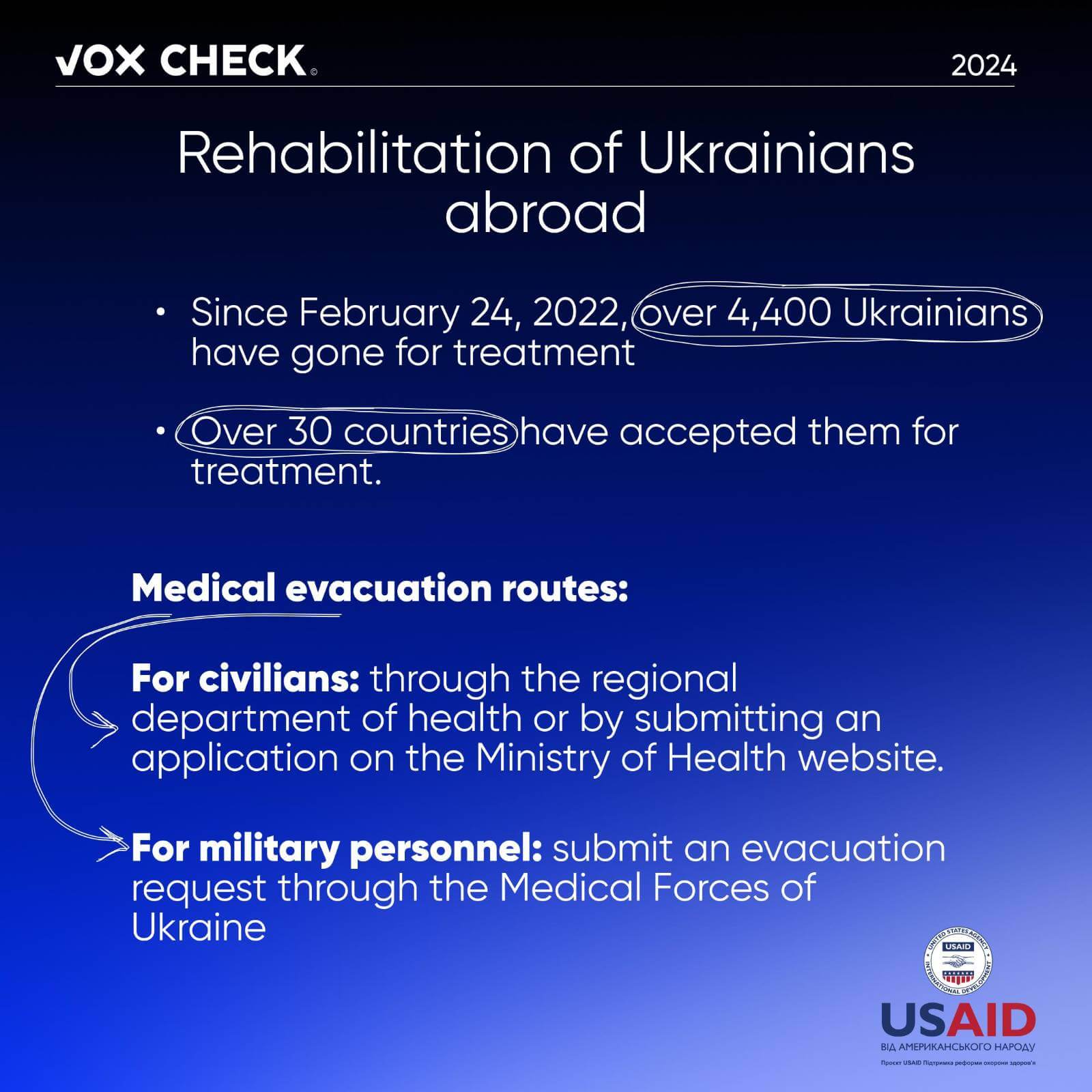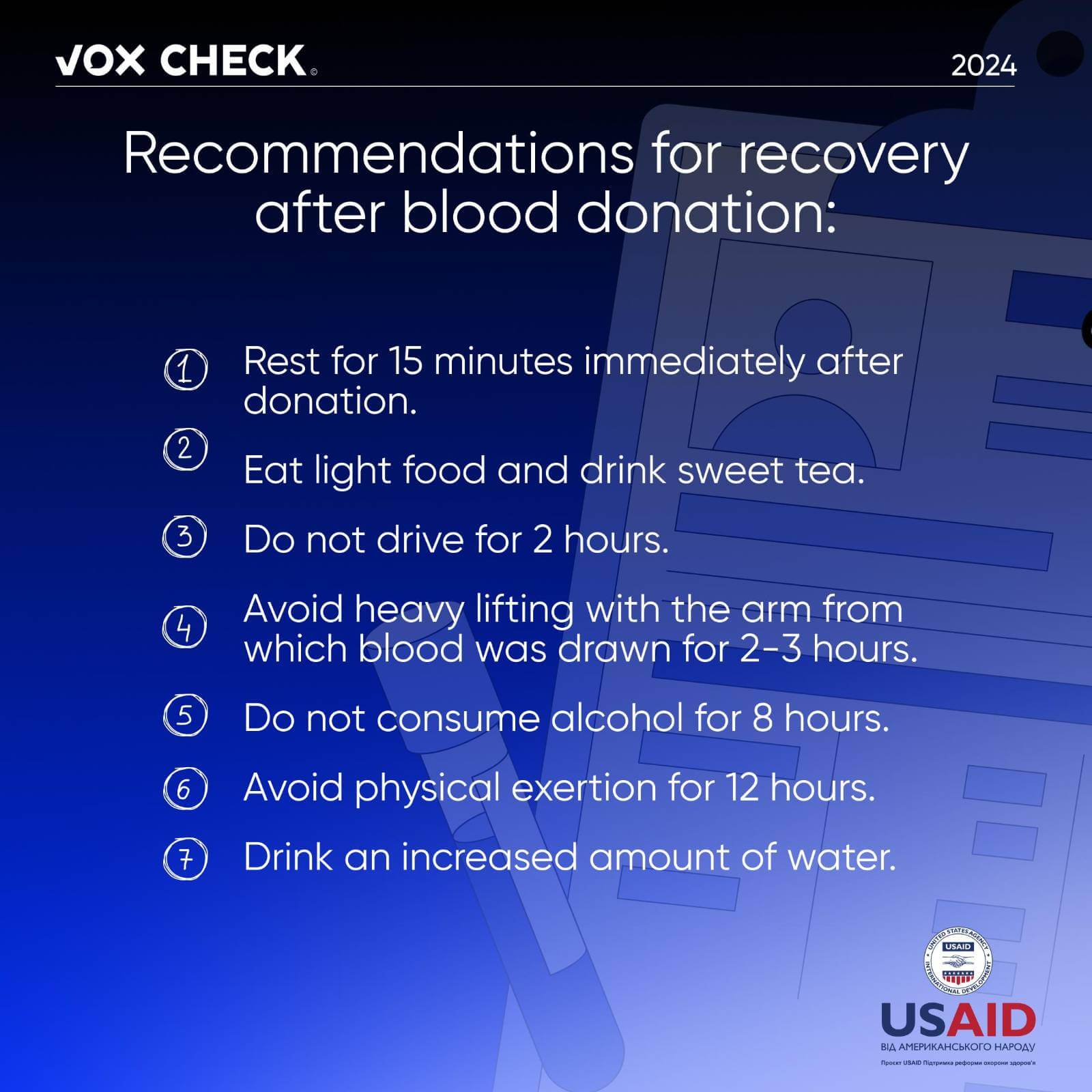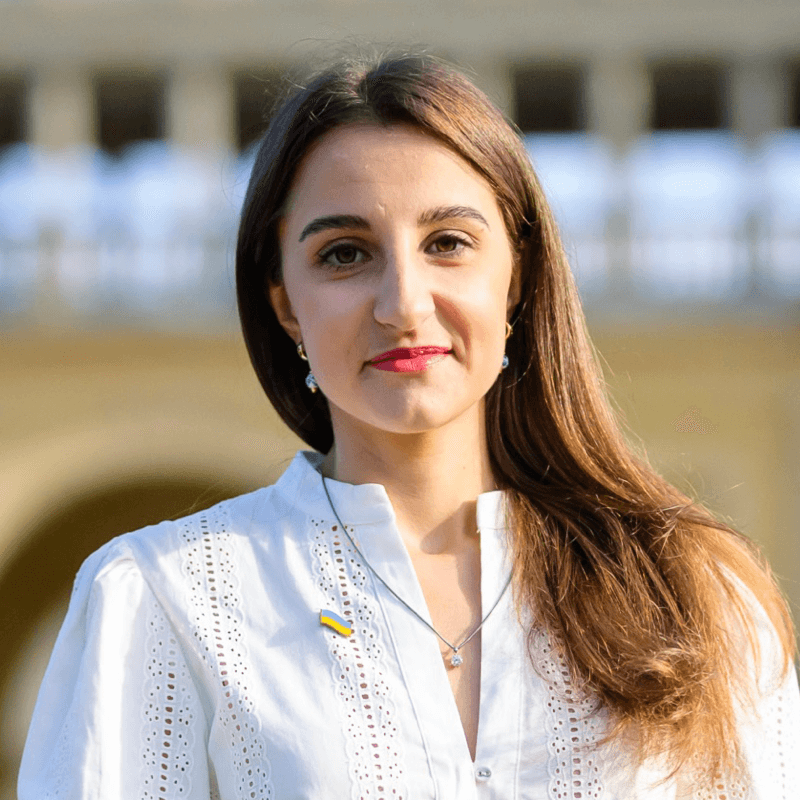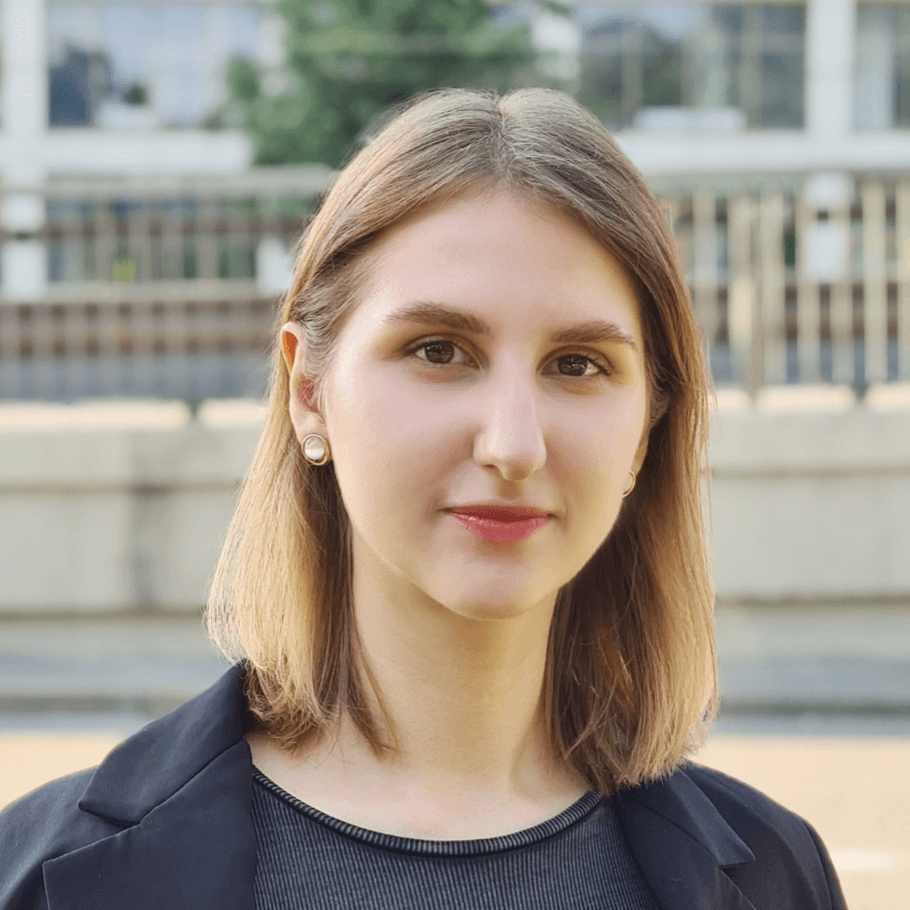Russian propagandists continue their attempts to discredit the healthcare system in Ukraine. This time, they have exploited a highly sensitive issue for society — the treatment of military personnel. News sources reported that, allegedly, due to the failed healthcare reform, Ukrainian Armed Forces servicemen are forced to seek medical treatment abroad, but such “privileges” are only available to a few. Additionally, disinformation agents spread information claiming that the mobile team of the “DonorUA” project has been selling blood donations from Kyiv residents abroad since 2014.
With the support of the USAID Health Reform Support project, VoxCheck analyzes and refutes public health narratives spread in the information space of Ukraine, Belarus, and russia on a weekly basis.
Disinformation: Due to the failed healthcare reform, military personnel are forced to seek medical treatment abroad
Kremlin Telegram channels are spreading information about new changes for military personnel, particularly regarding treatment abroad and financial compensation for the families of the deceased. Russians claim that, supposedly due to the “bad” healthcare reform, military personnel are receiving treatment abroad. However, only a few supposedly benefit from such treatment, and in reality, the families of deceased military personnel do not receive any money.
What’s the reality?
On March 21, 2024, Verkhovna Rada supported draft law No. 10313 regarding the rights of military personnel and police officers to benefits. According to the new provisions, military personnel can receive medical treatment abroad for up to 12 months without undergoing a military medical examination for 4 months. The law also stipulates a payment of 15 million UAH to each family of a deceased military serviceman, which was previously fixed in a government resolution. However, information regarding the number of families who received payments for deceased military personnel is classified.
At the same time, Russians are lying about the “few” soldiers undergoing rehabilitation abroad. Since the beginning of the large-scale invasion, Ukraine has been participating in the European Medevac program. This program provides medical evacuation for injured civilians and military personnel. Rehabilitation abroad is provided for individuals who require highly specialized assistance (in cases of head injuries, neck injuries, pelvic fractures, etc.). Patients with burns, children and adults with oncological diseases, children with rare congenital or acquired diseases, and wounded soldiers also fall under the rehabilitation program. In addition to the state program, charitable foundations and international organizations assist military personnel in accessing treatment.
In general, civilians can access medical evacuation through the regional department of health or by submitting an application on the website of the Ministry of Health of Ukraine. Meanwhile, wounded soldiers seeking treatment abroad should contact the Medical Forces of Ukraine. More information about the documents that military personnel need to prepare before treatment abroad can be found here.
Over the course of more than two years of full-scale war, over 4,400 Ukrainians have been sent for treatment abroad. Rehabilitation for Ukrainians is provided by over 30 countries that offer free treatment to patients. Previously, the coordinator of the Medevac program in Ukraine, Arman Kacharyan, mentioned that in 2024, they plan to send approximately 2,000 more patients for treatment abroad. However, there is no exact data on how many wounded soldiers have gone for treatment. Therefore, the claims made by Russians about “few” soldiers undergoing rehabilitation abroad are unfounded.
Source: Ministry of Health of Ukraine
Additionally, in their messages, Russians attempted to discredit the healthcare system of Ukraine. Allegedly, the healthcare reform was “poor” because military personnel were forced to seek treatment in other countries. However, Ukraine has both public and private hospitals where the wounded are treated. For example, in just one medical facility inthe Dnipropetrovsk region, wounded soldiers undergo at least three operations each day.
Disinformation: Donor blood from Kyiv is being sold abroad
Information is being spread online claiming that the mobile team of the “DonorUA” project will be collecting donor blood at the Church of St. Nicholas in Kyiv, which will then be sold abroad. The authors allege that the scheme of selling donor blood from Kyiv residents has been established since 2014 when the Ministry of Health of Ukraine was led by Oleksandr Kvitashvili, and later by Uliana Suprun. Currently, Georgian and American “officials” in the Ministry of Health of Ukraine are involved in the sale.
What’s the reality?
In their post, the propagandists, as usual, provided no evidence that the “DonorUA” project sells donor blood from Kyiv residents abroad, and it seems they did not understand what its specialists actually do.
“DonorUA” is a project of the public organization “All-Ukrainian Association of Blood Donors,” which specializes in recruiting blood donors to meet the needs of Ukrainian hospitals, transporting blood components to the front lines, and promoting the blood donation movement. The project accepts requests for blood needs from medical institutions across Ukraine, not just from hospitals in Kyiv. Therefore, it is unclear why the propagandists focused specifically on the capital.
Moreover, project coordinators do not conduct blood collections themselves, but only organize them. For example, this happened on March 19 at the Church of St. Nicholas in Kyiv. The purpose of the mobile donation drive initiated by “DonorUA” was to collect blood to help civilians and military personnel in the capital’s hospitals, and the procedure was carried out by specialists from the Kyiv City Blood Center.
In addition to conducting mobile donations, specialists direct donors to local medical facilities. Typically, project coordinators directly liaise with hospitals, blood centers, and volunteers across Ukraine, monitor requests on social media using the YouScan monitoring system to track blood shortages. Subsequently, they publish information about existing needs. Therefore, people in different cities can register on the “DonorUA” website or simply go to the specified medical facility to donate blood. Registration on the project’s website helps to compile statistics on blood needs in specific regions and allows for targeted blood donation. Specifically, you can become a donor for a close person or choose a patient who needsa transfusion of your blood type in the “Recommended Recipients” section. The list of patients is created based on local blood centers or centers added by the donor to their favorites list.
Additionally, project specialists organize and finance the transportation of blood to the front line for military personnel in collaboration with the Ministry of Health of Ukraine. However, they do not directly handle the blood; they only arrange drivers, vehicles, and necessary equipment for transportation, while the blood is sourced from blood centers across Ukraine. There is no basis to claim that the project sells blood abroad in any way. After all, “DonorUA” acts merely as an intermediary between medical institutions and donors, informing the public about hospitals’ needs and encouraging blood donation. Moreover, the project has been operating since 2015, and in 9 years, no medical institution or volunteer has reported that “DonorUA” sells blood abroad.
Propagandists do not specify which “officials” in the Ministry of Health of Ukraine are being referred to. The project began cooperating with the Ministry and obtained the status of “recommended by the Ministry of Health of Ukraine” not in 2014, but in 2022. Oleksandr Kvitashvili left his position in 2015, while Uliana Suprun — in 2019.
The Ministry of Health of Ukraine regularly publishes information about hospitals’ needs for various blood groups in all regions. An individual who has reached adulthood, weighs over 50 kg, and has no contraindications to blood donation can donate whole blood no more than once every two months. We have previously provided information on how to prepare for donation, and below are some tips for recovery.
This information piece was produced with the assistance of the United States Agency for International Development (USAID), provided on behalf of the people of the United States of America. This article’s content, which does not necessarily reflect the views of USAID, the United States Government, is the sole responsibility of Deloitte Consulting under contract #72012118C00001.
Attention
The authors do not work for, consult to, own shares in or receive funding from any company or organization that would benefit from this article, and have no relevant affiliations






